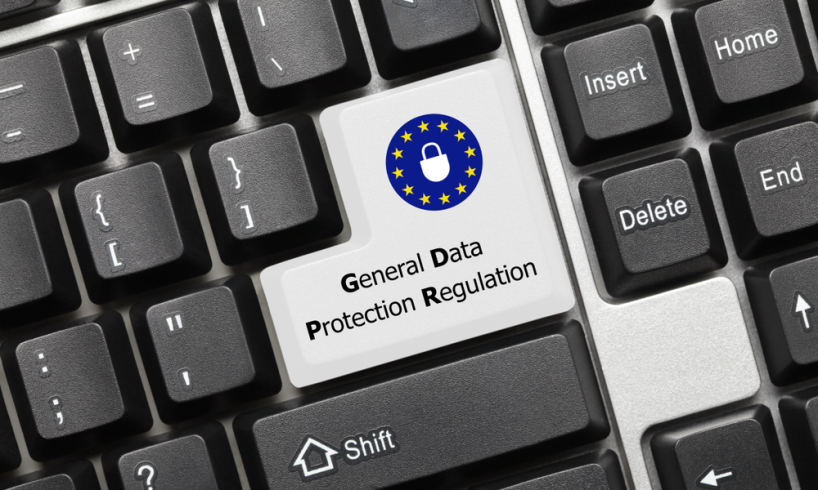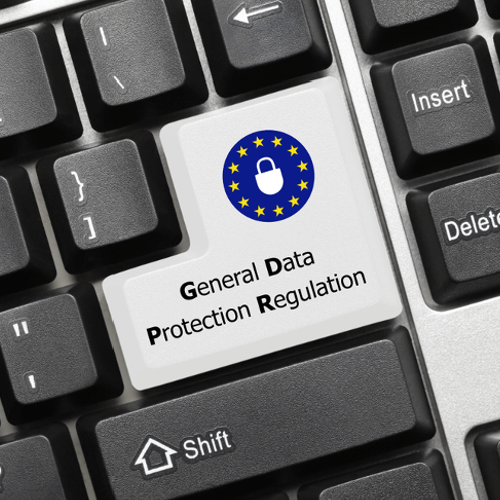
Why GDPR is Good for Your Business
Christopher Scott, programme director at The Bunker, talks us through the benefits of GDPR now it is in full force.
With GDPR now in full effect, we’re seeing uncertainty across the UK, Europe and beyond, as many businesses ask themselves whether they have done enough to become compliant.
As well as widespread concern around the potential financial penalties and the reputational impact of being exposed as non-compliant, a lot of companies are worried about whether they can handle a breach or a forensic audit of their data processes by the ICO. This concern extends to companies around the world, with those in other regions now worrying about EU privacy guidelines, and how they should interact with EU users and customers.
This worry adds to the general perception of GDPR as something to be feared. Data controllers and processers have been somewhat conditioned by the market to see GDPR as burdensome. Beside the potential consequences of non-compliance, there have been concerns around the regulation increasing costs, zapping resources and taking the focus off customer services on an ongoing basis in order to ensure continuous compliance.
As well as some confusion associated with the regulation, there are still some common misconceptions around needing consent for all personal information businesses hold and that appointing a data protection officer is essential. This lack of understanding makes it difficult for the c-suite to make calculated decisions about where investments need to be made and where to focus their efforts when it comes to ongoing compliance.
But although the fines for failing to comply with GDPR are steep, and the challenges that come with achieving compliance and rectifying non-compliance could be new, relatively little has been said about the opportunities for businesses that GDPR brings with it.
Changing our mindset
There needs to be a distinct shift in the thinking behind GDPR and other compliance standards. Compliance isn’t designed to be a hindrance. In fact, GDPR is there to modernise data privacy laws and defend data subject’s rights. But the new regulation also offers opportunities for businesses in terms of growth and efficiency gains on an ongoing basis, if approached in the right way.
GDPR provides organisations with several key opportunities not only to develop, but to also to grow their customer base and reduce operational costs, now and in the future.
Improve efficiencies
GDPR has forced and will continue to force businesses to gain better visibility of what data they have, where exactly it is being stored and processed within their organisation, and by whom.
This data mapping exercise helps to clarify why businesses have different types of data, who needs access to it and how long it needs to be held for, meaning that businesses can then start to make data handling processes much more efficient. The removal of unnecessary data will also free-up storage space.
These processes alone are a good way of increasing or maintaining margins without incurring any additional operational costs.
Enhance security
Having better visibility of where sensitive personal data is stored and processed means that it should also be easier for organisation or improve their security posture. Safeguarding personal information is much simpler when you know where it is and when data is stored in only a few places. GDPR compliance will help to remove any out-dated records or unnecessary replicas of data, meaning that everything can be more centralised, and security measures can be layered on top of this, reducing the chances of a data breach.
Dodge vulnerable suppliers
An organisation is only as secure as the weakest link in its supply chain. And unfortunately, many data breaches occur as a result of a compromised third-party.
As part of the compliance process businesses should have carried out, or be carrying out, due diligence across the supply chain to ensure that all third-parties adhere to the regulation. Any glaring issues will present an opportunity for businesses to break up with or avoid non-compliant suppliers, improving their ability to remain compliant while enhancing their security posture at the same time.
GDPR compliance is an ongoing process, and will continue to be for years to come, just like PCI DSS and other industry standards. But rather than seeing it as a laborious tick-box exercise, embracing GDPR can bring with it a whole manner of benefits for organisations.
It will be those businesses that recognise these benefits, and take full advantage of the opportunities that GDPR presents, which will build trust with a bigger pool of customers and feel the full force of the regulation in terms of future growth.





















